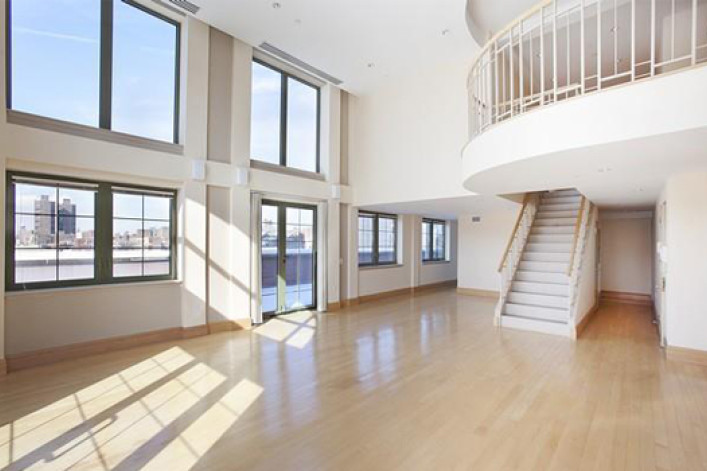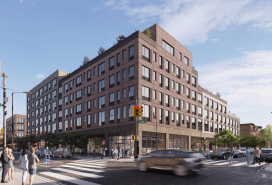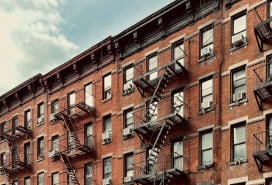Ask an Expert: Some developers won't let me flip my condo. What gives?

Q. I'm looking for a brand new condo, but at a couple of the developments I've checked out, the developer says buyers aren't allowed to "flip" their contracts or sell the apartment for a year after closing on it. Is this normal? Should I be worried about that kind of set up?
A. Don’t flip out. Yes, it’s normal for a developer to bar you from selling your unit while you’re still in contract, and it’s becoming increasingly common to extend this restriction until a year (or even two) after you close on the sale of your condo, say our experts.
Developers, also known as sponsors, implement these provisions for a simple reason: to cut out the competition. If you’re building a condo project, you’re already putting multiple apartments with similar features on the market at the same time. “A ‘no flipping’ clause has the obvious practical benefit to the sponsor of hamstringing competition from owners looking to ‘flip’ their units during a time in which the sponsor is still trying to sell out the building,” says attorney Ruben Ravago, of counsel at Braverman Greenspun.
This is especially true when it comes to pre-construction sales; since developers tend to raise prices as they get closer to completing a project, early buyers effectively get a discount, experts say.
“When you have a rising market or a property that has had multiple price increases, the developers fear that someone will come on the market and undercut them!” says Deanna Kory, a real estate broker at the Corcoran Group.
That said, for the typical homebuyer, these prohibitions shouldn’t raise any red flags, experts say. The main thing to watch out for “is the possibility that the purchaser’s plans and/or financial condition may change during the lockout period,” says real estate attorney Jeffrey Reich of Wolf Haldenstein Adler Freeman & Herz.
Even if unforeseen circumstances crop up, you may be able to negotiate an exception with the developer, experts say.
“I have had people who had to sell for reasons of a move etc., and we have gotten permission to sell in a few of these cases,” Kory says, describing one instance “where most units were sold and the unit coming online was a little larger and priced a bit higher.”
In another example, an owner at One57, the ultra-pricey skyscraper in Midtown, recently listed a one-bedroom mere weeks after closing on the sale, as The Real Deal reported, even though the developer had reportedly forbidden buyers from reselling for a year, Ravago notes.
Whether you can negotiate such an exception would depend on “the demand for the building and the economics and timing of the particular deal,” Ravago says.
However, none of this would apply if you’re buying the condo as an investment. If you’re trying to make a profit on the deal, rather than find a place to live, you should consider these policies carefully, experts caution.
“Particularly in the case of a new construction project, when closing could be years away, an investor could be in a very different real estate market by the time the restriction expires,” Ravago says. “An owner subject to a resale restriction may have to sit on the sidelines while the market ebbs, then choose to sell at a loss at the end of the restriction period or hold out even longer in hopes of better days.”
Related posts:
Ask an Expert: Are condo boards as powerful as co-op boards?
Ask an Expert: How much do new condos cost?
Buying a new condo? Here's the checklist you've been looking for (sponsored)
Trouble at home? Get your NYC apartment-dweller questions answered by an expert! Send us your questions.
See all Ask an Expert.


























